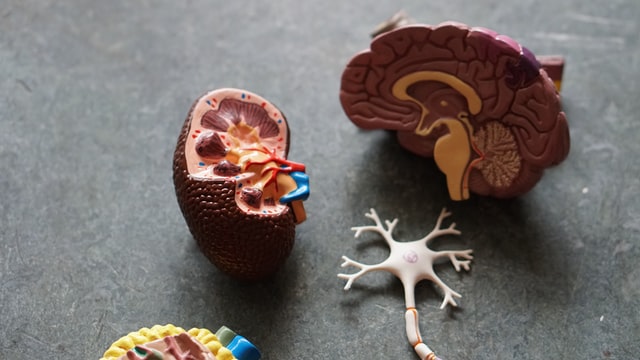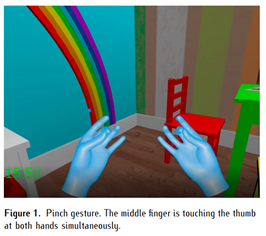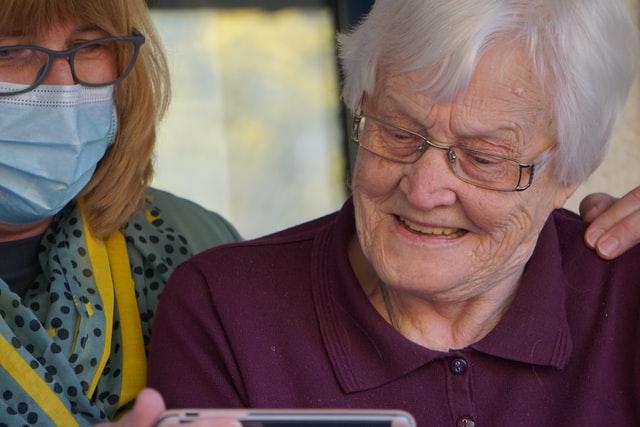In this article we present you the digest of TOP 5 articles from EAI Endorsed Transactions on Pervasive Health and Technology journal.
The use of technologies and re-design of healthcare services raised the need for new skills among healthcare professionals as well as close collaboration of multidisciplinary teams in design, development and implementation of new technologies in healthcare. In particular, it calls for a new approach to research and development (R&D) of healthcare products and services that include a shorter product life cycle and regulation adaptation. The importance of data-driven care was raised significantly and thus the need for AI-based platforms collecting, analyzing and validating healthcare data in real-time for clinical purposes, especially personalized treatment.
1. A Comprehensive Analysis on Detecting Chronic Kidney Disease by Employing Machine Learning Algorithms
The authors of this paper, Mirza Muntasir Nishat, Fahim Faisal, Rezuanur Rahman Dip, Sarker Md. Nasrullah, Ragib Ahsan, Fahim Shikder, Md. Asfi-Ar-Raihan Asif, and Md. Ashraful Hoque aim to apply different machine learning algorithms for the purpose of assessing and comparing their accuracies and other performance parameters for the detection of chronic kidney disease. Chronic Kidney Disease refers to the slow, progressive deterioration of kidney functions. However, the impairment is irreversible and imperceptible up until the disease reaches one of the later stages, demanding early detection and initiation of treatment in order to ensure a good prognosis and prolonged life. In this aspect, machine learning algorithms have proven to be promising, and points towards the future of disease diagnosis. This article is available for reading in issue 29 of EAI Endorsed Transactions on Pervasive Health and Technology journal.

2. Deep Learning Based Analysis of Ophthalmology: A Systematic Review
Artificial Intelligence (AI) grow and became popular in the medical field especially in ophthalmology at proliferating rate. But, still, many of the diseases are diagnose manually. (i.e., eye disease disorder) which is time consuming, expensive, and tedious task. Existing prediction systems can resolve medical issues such as ocular disorder but the accuracy of prediction is very less. Authored by Puneet Kumar, R. Kumar, and M. Gupta, this study gives a brief overview of the analysis of traditional systems with modern approaches. Further, this study highlights the different allied techniques and impact of transfer learning on ophthalmology for the detection of various eye diseases i.e., Diabetic Retinopathy (DR), Age-related Macular Degeneration (AMD), Glaucoma, etc. This article is available for reading in issue 29 of EAI Endorsed Transactions on Pervasive Health and Technology journal.

3. An interactive VR platform with emotion recognition for self-attachment intervention
The authors of this paper, Neophytos Polydorou and Abbas Edalat developed a user-friendly, interactive VR platform for self-attachment featuring a virtual assistant and a customised child avatar that resembles the user in their childhood. The virtual agent interacts with the user and using an emotion recognition algorithm can provide suggestions for the user to undertake an appropriate self-attachment sub-protocol. This article appeared in issue 29 of EAI Endorsed Transactions on Pervasive Health and Technology journal.

4. An Empirical Study on Challenges Faced by the Elderly in Care Centres
The authors of this study Jie Li, Wei Wei Goh, NZ Jhanjhi, Filzah Binti Md Isa, and Sumathi Balakrishnan aim to identify and measure the ADL challenges that the elderly encounter and improve their quality of life (QoL). This research embarked on semi-structured interviews at 9 geriatric care centres in Malaysia to investigate the ADL challenges by the elderly residents. The thematic analysis approach was employed for data analysis and further discussion. This article was published in issue 28 of EAI Endorsed Transactions on Pervasive Health and Technology journal.

5. Cloud based IoT Smart Healthcare System for Remote Patient Monitoring
Covid-19 has exposed the necessitate for the rapid acceptance of increasingly pioneering digital health technologies, especially remote health monitoring. The digital revolution in Healthcare is dynamic ease of use of inexpensive concern solutions, enhancing patient care, reducing complications, improving effectiveness, and authorizing healthcare decision-makers with intelligence insight at the point of care. The primary objective of this work is to depict the need to recognize wearable sensors as a prerequisite for supporting paradigms in monitoring patients in real-time and enabling access information from the cloud. This research paper by G. Jaya Lakshmi, Mangesh Ghonge, and Ahmed J. Obaid, appeared in issue 28 of EAI Endorsed Transactions on Pervasive Health and Technology journal.
EAI Endorsed Transactions on Pervasive Health and Technology is an open access, peer-reviewed scholarly journal focused on personal electronic health assistants, health crowdsourcing, data mining, and knowledge management, IT applications to needs of patients, disease prevention, and awareness, electronic and mobile health platforms including design and more.
Subscribe to EAI Endorsed Transactions on Pervasive Health and Technology journal and never miss new content in your field of research.

